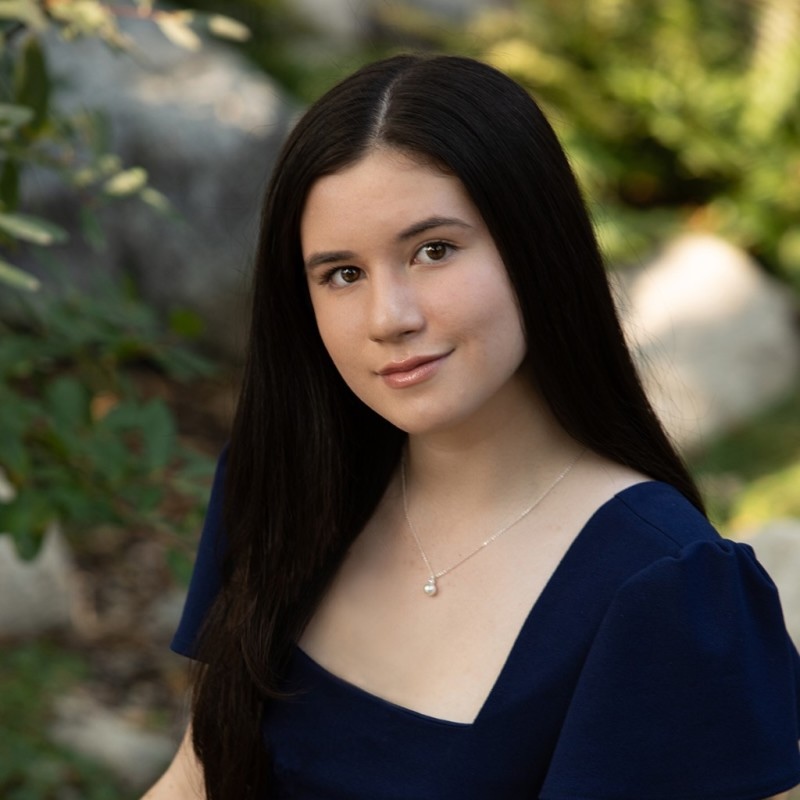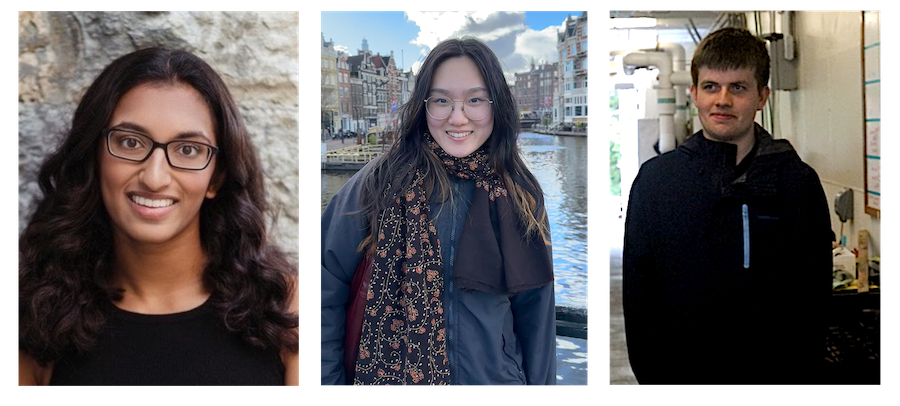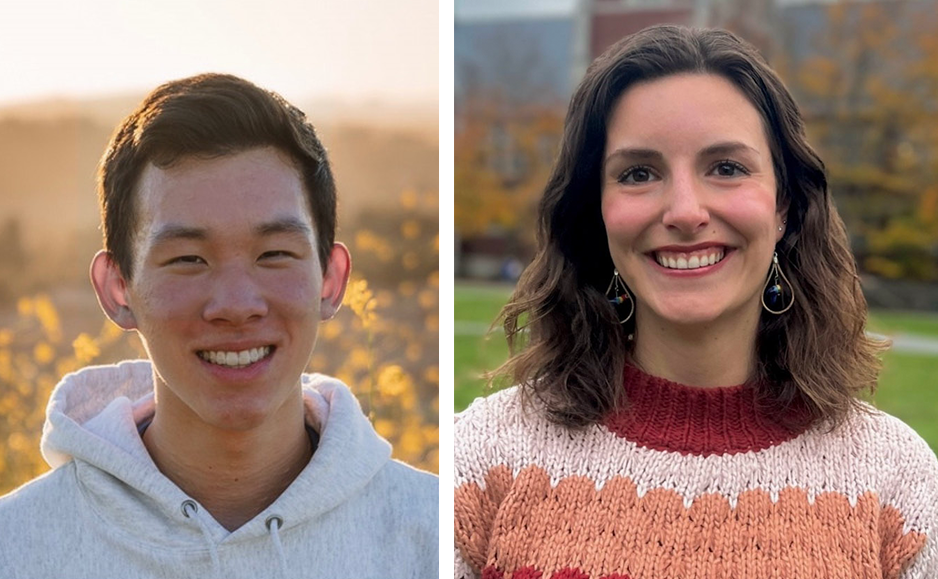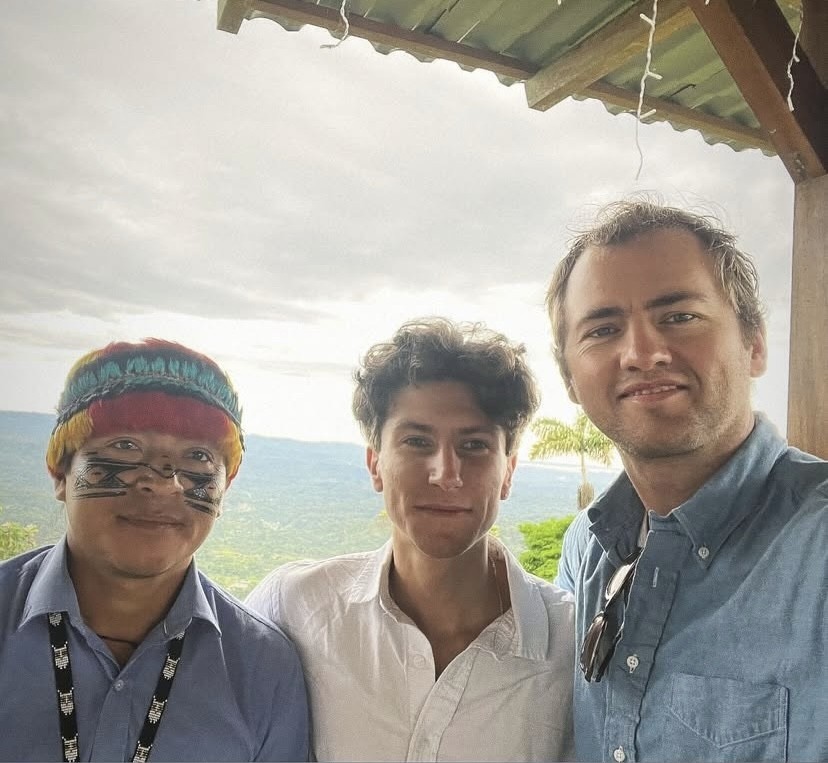Two ES Students Imagine the City of Tomorrow
By Aleksia Silverman '19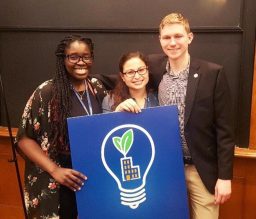
Hunte and Sabine travelled to Princeton, N.J., in mid-April to attend the conference/competition, themed Cities of the Future. The event brought together students — undergraduates to PhD candidates — from across the disciplines, as well as academics and industry leaders. “The goal of the Ideathon is to allow students to explore creativity, learn more about environmental problems and solutions, and network with leaders in the field,” according to the event’s website.
Students submitted applications to attend the all-expenses paid event. Participants were expected to tackle some of the most pressing environmental problems cities face in the areas of water, food, waste, energy, infrastructure, health, and education. Groups of students had just twenty-four hours to design prototypes of projects before presenting their ideas to judges.
Hunte and Sabine described the event this way: “It’s like a Hackathon, but for environmental studies.” Besides majoring in environmental studies, Hunte is studying government and Sabine is majoring in psychology.
Hunte said she applied to the Ideathon after hearing about the new program from the ES department. She received Grua/O’Connell funding from Bowdoin to support her travel to this event. “I thought it would be an interesting chance to ponder the environmental dilemmas of the day,” she said. “I also was excited to connect with different people who want to go into the same field as me, and who are thinking about the same things as me.”
Sabine was drawn to the interdisciplinary nature of the event. “I love things that combine different fields,” she said. “I thought it would be interesting to hear different perspectives and come together to create something.”
“The program put a lot of emphasis on the process,” added Hunte. The schedule featured time for brainstorming in large and small groups, as well as for talks given by keynote speakers.

In her team, Sabine tackled the problem of how to build green spaces in urban communities. She and her teammates came up with a plan to repurpose used shipping pallets to create portable community gardens. The gardens could be cheaply and easily made by schools or youth groups, and then installed vertically in a tight urban space.
Sabine was able to bring her knowledge of psychology to defend her project’s mission. “We see a lot of trying to get people in urban spaces outside, but why not bring green spaces to these people? It would not only be helpful for mental health, but also for public health and air quality, as well as urban heat,” she said.
Hunte, who comes from Newark, Conn., worked with a team on a project called “Green Spaces, Forgotten Places: A Multifaceted Revitalization of New Orleans’ Vacant Lots.” They imagined transforming unused land plots in New Orleans into community gardens that could help alleviate food insecurity. Storm water would irrigate the gardens. “We all agreed to make social justice a key aspect,” Hunte said. “We wanted to target low-income areas and connect local people to their food.”
Hunte returned to Bowdoin with a first-place prize for her team’s project, as well as a $150 Amazon gift card.
Sabine said she appreciated how the Ideathon stretched her to apply her imagination to something beyond a class assignment. “It was a new way of thinking that goes beyond writing a paper,” she said. “Being around a group of people who all care about these issues, but come from different academic backgrounds opened my eyes to what could happen. These solutions are possible, and I feel like you could apply this to other issues like gender, or race, or class and the environment…It’s just really inspiring.”
For Hunte, the Ideathon left her pondering what happens next. “I was happy to go to the conference and make those connections, but it reminds me of all the work that needs to be done,” she said. “All of these projects were feasible enough that they could become real life.”
